Congratulations to the Case Western Reserve University team for reaching the finals of the Universities for Goal 13 competition!
Exploring Equitable Approaches to Ending Hunger in America: Food, Farming, Families, and Justice
In honor of Women’s History Month and National Nutrition Month, SDSN USA hosted Zero Hunger Pathways Project Dialogue 5: Exploring Equitable Approaches to Ending Hunger in America on March 28th, 2022. Jointly organized by US SDSN’s Zero Hunger Pathways Project (ZHPP), Diversity, Equity, and Justice for Sustainable Development (DEJ) Working Group, and Howard University’s Center for Women, Gender and Global Leadership, it explored the impact of historic inequities and what policies and approaches are needed to address racial and gender inequities to put the country on the pathway to zero hunger.
Holiday Hardships: Facing Hunger During A Season Surrounding Food
Every year, people across the US gather together to give thanks and share a meal for Thanksgiving. In order to raise visibility about the number of Americans who don’t have a roof over their heads or food on their plates during the holiday season, we recognize Hunger and Homelessness Awareness Week during the week prior to Thanksgiving, which falls on November 13-21 this year.
Zero Hunger Pathways Project Dialogue 4: Taking Innovations to Scale
Zero Hunger Pathways Project Dialogue 3: Trade-Offs Evaluation and Science-Policy Communication
On June 14th, the Zero Hunger Pathways Project (ZHPP) held Dialogue 3: Trade-Offs Evaluation and Science-Policy Communication. The dialogue sought to complement the work of others in the field by inviting expert speakers to join and discuss their work, as well as facilitate breakout sessions on related topics. Topics of discussion included: tools and models to evaluate pathways for improving food and nutrition security in the US, led by Hans Herren and Steve Arquitt of the Millennium Institute; multi-faceted evaluation metrics that reflect food systems sustainability, equitability, resilience, and health outcomes led by Bassel Daher of Texas A&M; mechanisms and barriers for proper stakeholder engagement and trade-offs led by Kimberly Carr of the Georgia Rural Health Innovation Center; and mechanisms and barriers for science-policy communication led by Michael Shank of Carbon Neutral Cities Alliance.
Zero Hunger Pathways Project Dialogue 2: What is the state of hunger in the US?
Zero Hunger Pathways Project Dialogue 1: Improving Health and Nutrition Outcomes through SNAP
SDSN USA’s Zero Hunger Working Group brought together a cross-disciplinary group of experts on hunger and nutrition on Monday, March 29 for the Zero Hunger Pathways Project Dialogue 1: Improving Health and Nutrition Outcomes through SNAP. This dialogue was the first in a series of conversations focusing on barriers and opportunities to achieve Zero Hunger in the United States, in line with the United Nations Sustainable Development Goals. This project seeks to find solutions to hunger in the U.S. that are healthy, equitable, and sustainable, and through this open discussion with experts and stakeholders, a list of recommendations for SNAP improvements was discussed in detail, with new sources to consider and refinements proposed. Moving forward, the group plans to engage with federal policymakers and practitioners while the issue of hunger is at the forefront of the COVID-recovery planning process.








